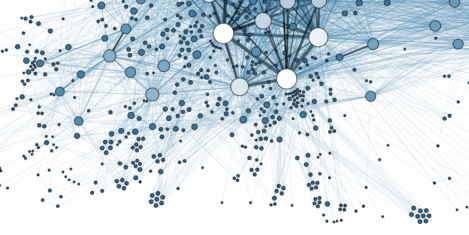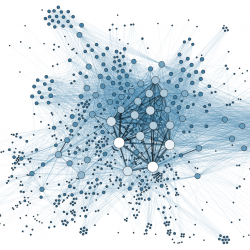February 9, 2017
Birmingham creates city development blueprint with global dimension 0
 Researchers at the University of Birmingham have developed a way of investigating or diagnosing the challenges facing their home city that could be used to help improve the lives of city dwellers around the world. And the blueprint they are working with could help city policy makers and other countries to take more effective actions to boost the quality of life for residents by providing better outcomes. Project leaders are already looking at how the work might be applied in countries like India, Brazil and South Africa. The first part of the Urban Living Birmingham pilot project used a wide range of data and evidence used by city leaders to inform policy combined with an analysis of 248 datasets – identifying the challenges facing Birmingham.
Researchers at the University of Birmingham have developed a way of investigating or diagnosing the challenges facing their home city that could be used to help improve the lives of city dwellers around the world. And the blueprint they are working with could help city policy makers and other countries to take more effective actions to boost the quality of life for residents by providing better outcomes. Project leaders are already looking at how the work might be applied in countries like India, Brazil and South Africa. The first part of the Urban Living Birmingham pilot project used a wide range of data and evidence used by city leaders to inform policy combined with an analysis of 248 datasets – identifying the challenges facing Birmingham.



































